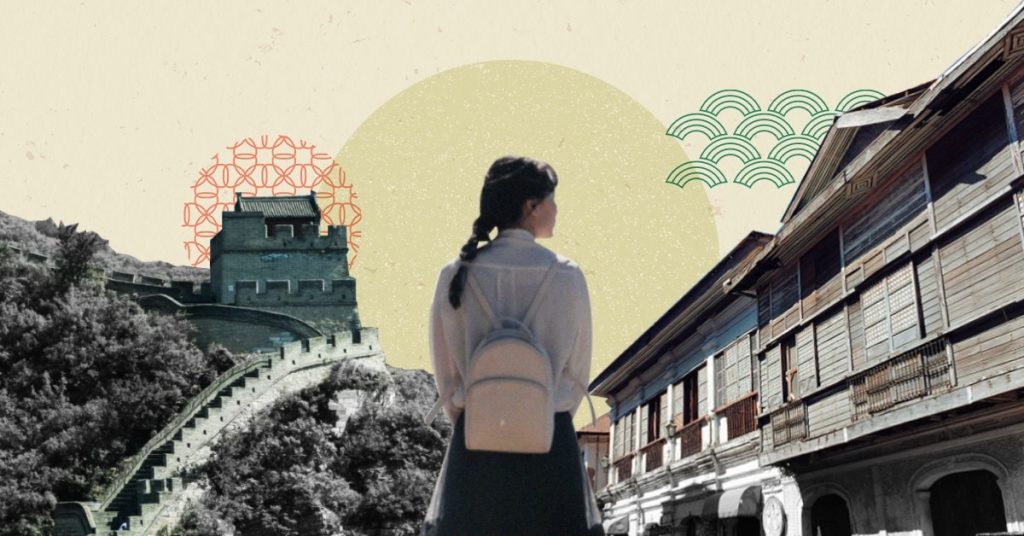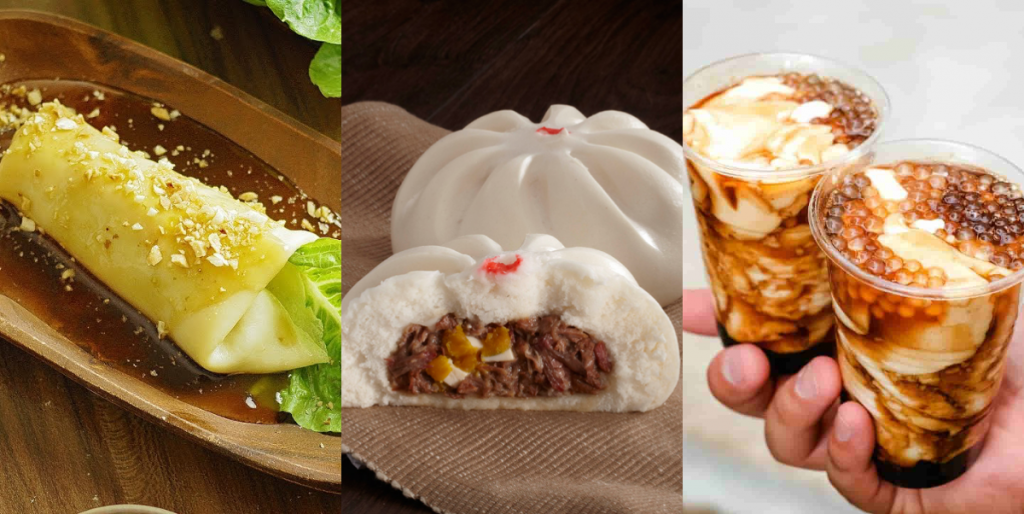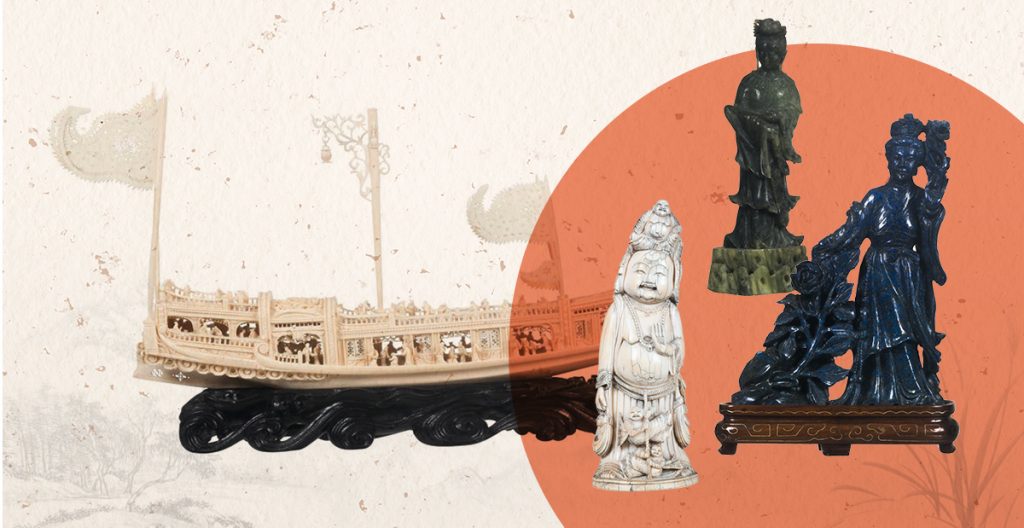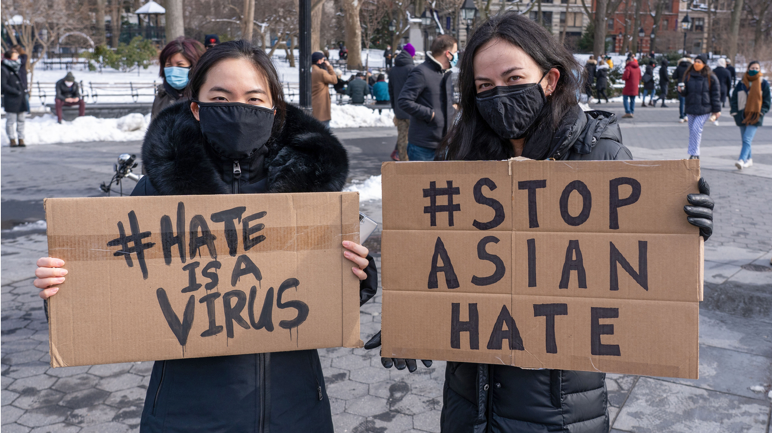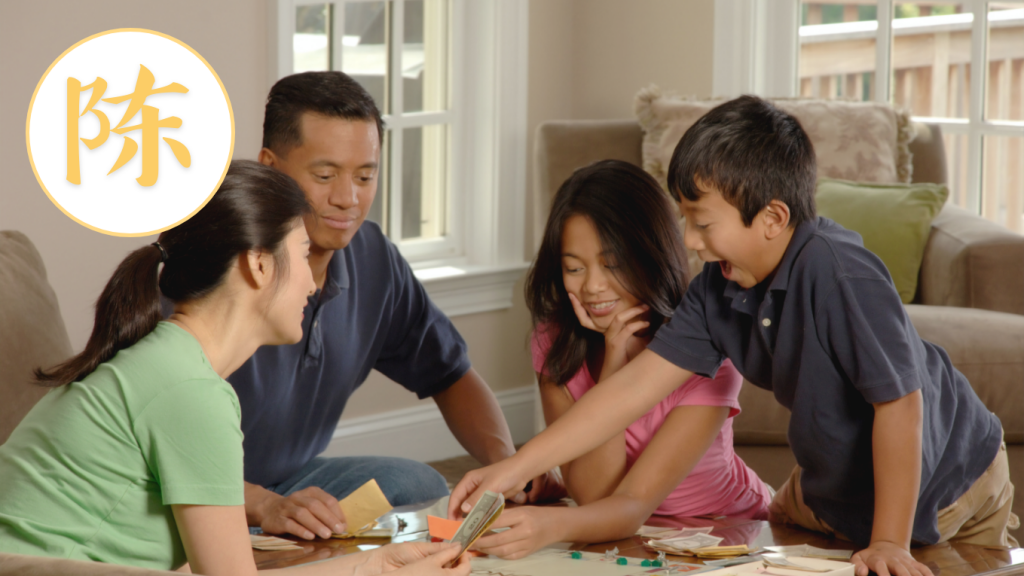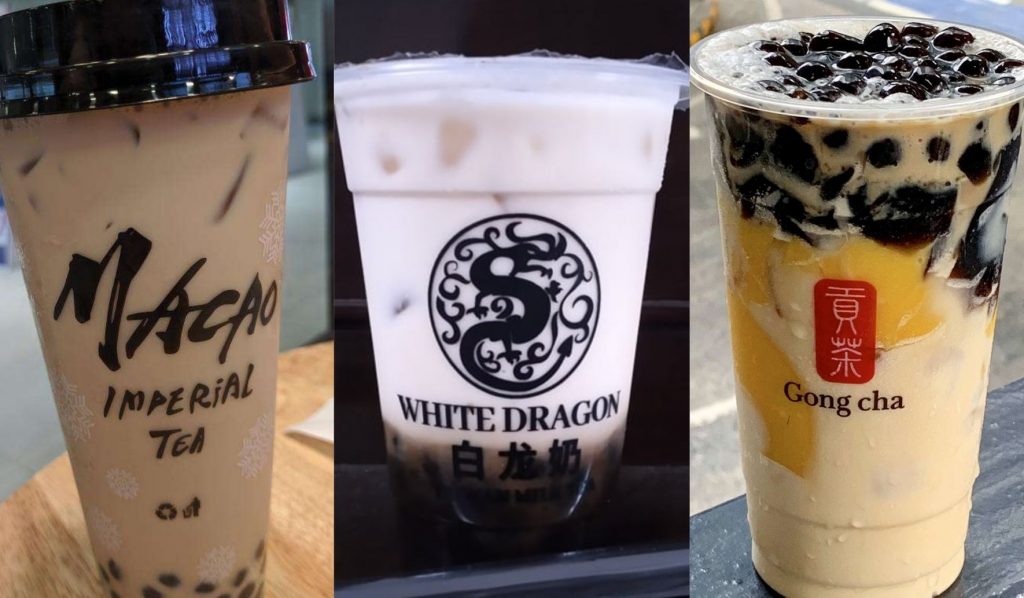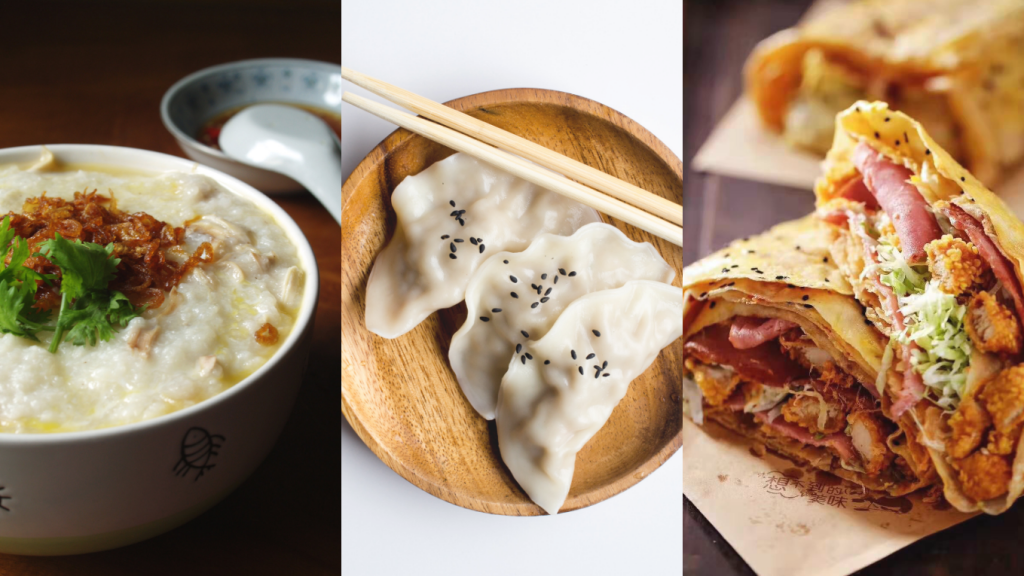2020’s Top 10 Chinese Baby Names
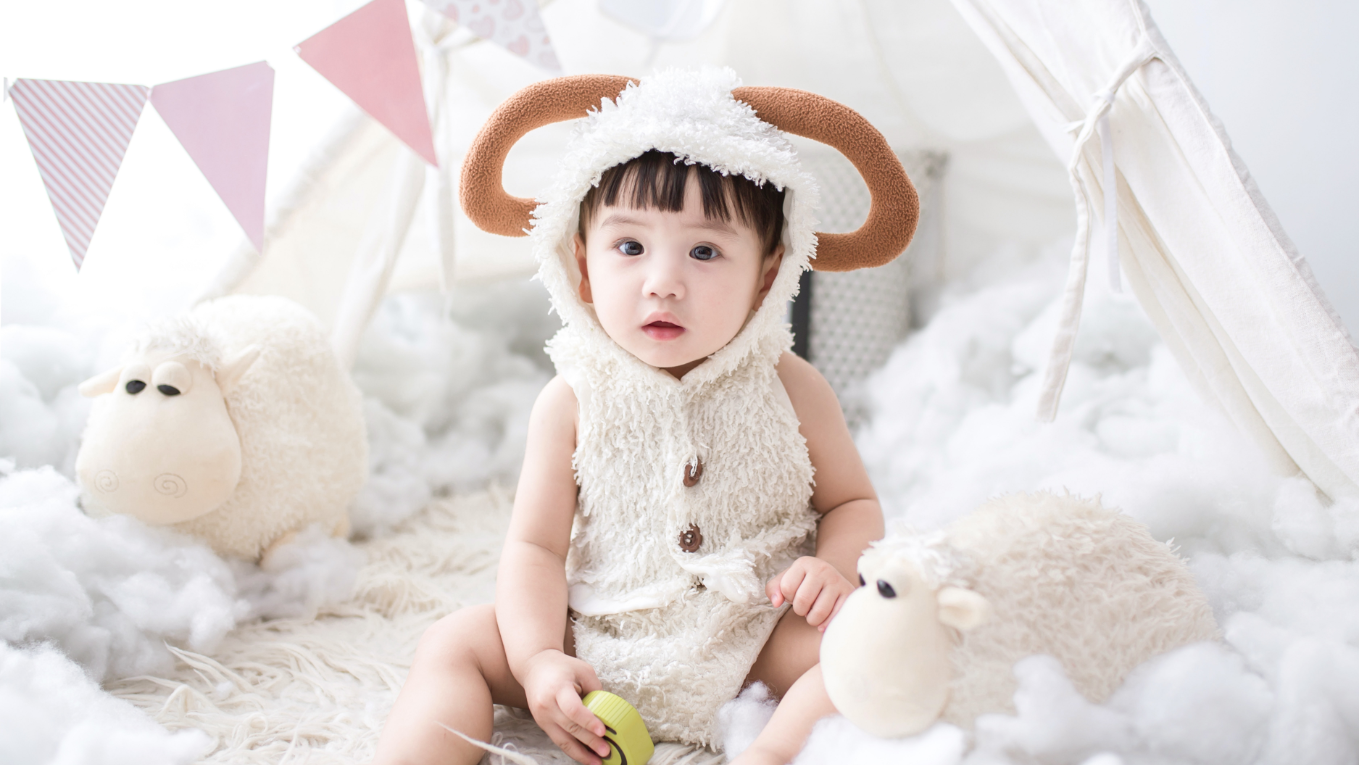
What’s in a name?
Throughout the course of our lives, we meet people with common names. For example, I’m willing to bet that you know a handful of friends named Michael, Maria, or John. Biblical names, as you’ve noticed — or more accurately put, famous names. In English, there’s a tendency to use existing words and names as inspiration for newer ones. Often enough, it’s because parents like the sound of a name. But other times, it’s to honor the life of someone popular or admirable, whether the figure is real or not. That’s why Charlotte shot up as a trendy baby name after the British princess was born in 2015. Arya, whose name originates from the hit series Game of Thrones, also became the 119th most common baby name in the United States in 2018.
In the Philippines, there are also times when one can see an especially unique naming practice. This one involves combining the names of parents, relatives, or celebrated figures to create a new one. Jejomar, for instance, is basically a three-in-one Jesus, Mary, and Joseph.
In China, however, such naming conventions are not quite so prevalent. Unlike in Western cultures, it is considered bad form to name your child after a famous figure — a belief that traces its roots back to the imperial laws which forbade citizens from taking the name of the emperor. Likewise, it is also considered disrespectful to directly name your child after a relative since that would permit those of the younger generation to make inappropriate use of a senior relative’s name.
Because of this, Chinese names tend to be more individualized. According to tradition, parents would typically choose a name that conveys their own hopes and expectations for their children. Names are powerful — something that is thought to affect the destiny of the child.
That said, this does not mean that common Chinese given names do not exist. There are only so many hopes and dreams that parents can have for their children, after all. Moreover, no matter the country, there are certain trends that names follow as pop culture changes.
The Household Administration Research Center (公安部户政管理研究中心) in China provides a list of the most common characters used in the names of newborns every year. Check the 2020 edition of the list right here:
1. 梓 (zǐ) – Catalpa
Topping the 2020 list is the character 梓, which can be interpreted as “vitality.” It is also the Chinese name for the catalpa tree. According to history, public affection for this character comes from the fact that the catalpa was the most common tree species in rural villages, dominating the land for more than 2,000 years. Because of this, the catalpa tree came to be associated with the idea of one’s hometown.
This year, the most popular female name with this character is 梓涵 (Zǐhán), which can mean “to embody vitality.” It is the fourth most commonly used name given to a newborn girl, registered by the parents of 14,626 babies. On the male side, we have the heroic vitality of 梓豪 (Zǐháo), which accounts for the names of 10,895 infant boys.
2. 子 (zǐ) – Child
Pronounced the same way as the name on the top of this list, 子 is a popular character to be found in names throughout the ages. Paired with other characters, the name can come to be something truly meaningful. 子轩 (Zǐxuān), for example, translates to “a child full of spirit.”
It should also be noted that although 子 is typically used for male names, the character has also been incorporated into several female ones. Taiwanese K-pop celebrity Tzuyu’s name, for instance, is written as 子瑜 (Zǐyú), which means “a child of fine jade.”
3. 宇 (yǔ) – Space / Universe
This character literally refers to “the edge of the roof” and has later come to mean the boundary of one’s house, space, and the universe. 宇 is especially used for its pleasing sound and the good grace that its meaning affords.
One prominent name that suits the beauty of this character is that of Chinese singer-songwriter Hua Chenyu (华晨宇), whose name paints the picture of a “universe of dawn.”
4. 辰 (chén) – Celestial Bodies
辰 is an auspicious character best known for representing the celestial bodies. It is most compatible with those born under the dragon zodiac sign because of the legendary creature’s fondness for flying amongst the sun, moon, and stars.
Some common names keeping in line with the celestial theme are 辰月 (Chényuè) and 辰昕 (Chénxīn), with the former being a female name with the added character for “moon” and the latter being a male name with the character for “dawn.”
5. 一 (yī) – One
At first glance, 一 is understood as one, the number. Beyond that, the character can also be used to convey wholeness, singularity, and purity. A great example of the use of this character is the name of one of China’s rising stars, Wang Yibo. In this case, 王一博 can be interpreted to have several meaningful translations, ranging from “a king who fully embodies riches” to “a leader who gives his all to win,” wherein 王 can stand to mean king or leader, 一 expresses the concept of entirety, and 博 can be read as an abundance or the act of winning.
6. 宸 (chén) – The Emperor’s Throne / The Imperial Palace
Naming a newborn 宸 is probably one of the most elegant ways to gift your child with the hopes of position and power. Some well-known names involving the character are 喜宸 (Xǐchén), 兴宸 (Xìngchén), 伟宸 (Wěichén); with each respectively meaning “happy throne,” “prosperous throne,” and “great throne.”
7. 泽 (zé) – Grace / Brilliance
What parent wouldn’t want their child to be blessed with grace and brilliance? It’s no wonder that this character is very highly regarded. In fact, if this character also looks very familiar to you, it might be because it is also used in the names of one of the most influential leaders in China — the once chairman of the Chinese Communist Party Mao Zedong (毛泽东)!
8. 嘉 (jiā) – Joyful / Auspicious
Those who want their children to live a life of excellence will often find themselves adding this character in. 嘉 can be interpreted in a variety of ways, coming to mean several positive qualities such as being praiseworthy, excellent, kind, happy, auspicious, and the like. Some popular combinations involving this character are 嘉艺 (Jiāyì), 嘉玉 (Jiāyù), and 嘉炅 (Jiājiǒng), with each respectively translating to auspicious skill, jade, and daylight.
9. 欣 (xīn) – Happy / Joyful / Delighted
One of the greatest blessings in life is to be happy, so it’s no surprise that this character made it to the top ten list. Pairing this character with nature is one of many ways to create a beautiful name. Examples of this are 欣夕 (Xīnxī), 欣雨 (Xīnyǔ), and 欣江 (Xīnjiāng), which all respectively tag happiness onto the dusk, rain, and river.
10. 佳 (jiā) – Auspicious / Delightful / Beautiful
Much like the homophonic character 嘉, this particular word is rife with positive connotations and is perfect for wishing one’s child a good future. Those wanting for a son to come into auspicious power, for instance, can use the name 佳炎 (Jiāyán). Meanwhile, those who treasure their daughter can try 佳璇 (Jiāxuán), which means “a beautiful fine jade.”
Like what you read? Learn how to make a Chinese nickname now with this fun article!



